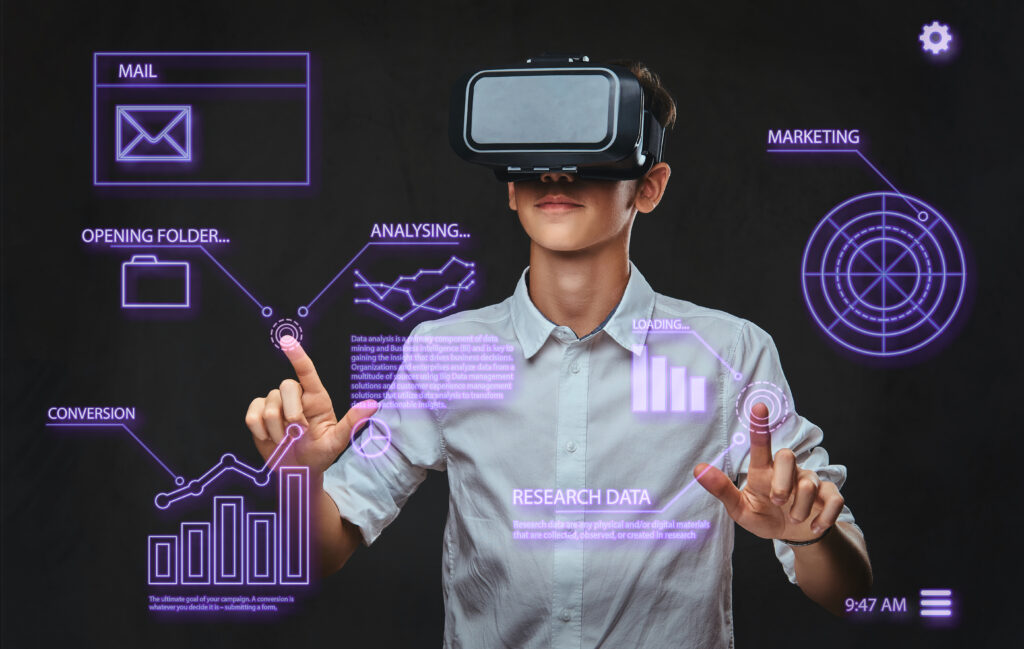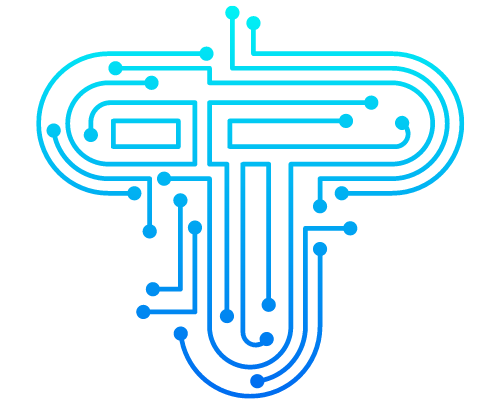In an era of massive technological advancement, innovation is transforming not only the financial world but also our daily lives From miniature models to superheroes, technology changes dramatically. Key technological developments that may have an impact in the future are discussed in this article.

Integrating artificial intelligence (AI) into machine learning
Machine learning (ML) and artificial intelligence (AI) are at the forefront of technology development. Intelligence, or AI, is the process of creating computers that can perform tasks that would normally require human intelligence. This process is more difficult. Without the need for explicit programming, computers can learn from data, in turn improving their performance thanks to machine learning and artificial intelligence
Computer vision, natural language processing (NLP), and predictive analytics have gained significant momentum thanks to recent advances in AI. Artificial intelligence virtual assistants like Sawyer and Alexi are beginning to spread and simplify everyday activities. The medical industry is using artificial intelligence (AI) to drive patient outcomes, analyze medical records, and even help develop new drugs
Enabling personalized experiences, machine learning is changing other things as well. E-commerce uses machine learning algorithms to analyze user activity and deliver personalized product recommendations that increase sales and customer satisfaction. Like this, machine learning in the banking sector uses machine learning models to manage risk and detect fraud, increasing efficiency and security
The World of Quantum
The introduction of quantum computing has completely changed computing power. Unlike traditional computers that use bits as primary information, quantum computers use quantum bits or qubits. Qubits use the concepts of quantum superposition and entanglement to process large amounts of data at once.
This new approach promises to solve complex problems that conventional computers cannot currently handle. For example, quantum computing has the potential to dramatically accelerate drug discovery by simulating previously unheard-of precise chemical interactions Quantum computing can be used to break existing methods by which cryptography is encoded and new anti-quantum systems must be developed.
Functional quantum computers are currently in the early stages of development, but with more funding and research more to come. Advances in these technologies could have a significant impact in areas such as optimization, materials science and artificial intelligence.
Blockchain technology
Despite Bitcoin and other cryptocurrencies being known as engines, blockchain technology is being used much more than just virtual currencies. Essentially, a blockchain is a decentralized ledger that records transactions through a network of computers. This distributed approach ensures transparency, security and consistency.
The transparent record of every transaction in the supply chain provided by blockchain technology can increase fraud prevention and traceability. This is particularly helpful in industries such as food safety, where source and quality control is critical. Like this, the banking sector is looking at blockchain technology as it can increase efficiency, reduce costs associated with transactions and simplify cross-border payments Smart contracts, which are self-executing contracts with explicit terms in terms of code, offer a powerful innovative use of blockchain technology to remove the need for middlemen by automating contracts and they are controlled
virtual reality (VR) and augmented reality (AR) .
Thanks to augmented reality (AR) and virtual reality (VR), our interactions with digital products are changing. Augmented reality (AR) is a technology that superimposes digital data on real situations, improving our experience of reality.This tech is commonly used in gaming, retail and education. Virtual and real-world components are combined in AR apps like Pokémon GO to create engaging gaming experiences. But people will be able to interact and explore entire systems through virtual reality (VR). Virtual Reality (VR) was used in training and simulation because it gives users the opportunity to learn in a safe and engaging environment. Virtual reality reaches into medical education, simulation flight, and virtual travel.
Television and remote collaboration are just a few of the many possibilities offered by AR and VR. Enhancing this technology will enable more engaging meetings, reducing the need for individuals to travel and creating a sense of global community.
5G technology
5G-technology, which promises higher throughput, lower latency and faster speeds than its predecessors, is going to completely change the connectivity landscape This next generation is expected to enable a wide range of applications such as self-driving cars and smart cities .Large file downloads, HD video streaming, and real-time chat will all be much faster and much more reliable with 5G. 5G’s low latency is important for real-time gaming, remote operations and other applications that require fast response.
Conclusion
Mechanical advances, for example, blockchain, vivid reality, computerized reasoning and quantum figuring have prompted colossal development in numerous businesses These advances are working on existing advances as well as preparing for new experiences. Creative reasoning will be expected to completely involve these turns of events and steer innovation to continue to push the envelope of what is attainable. These mechanical advances will significantly affect how our lives, organizations and society in general are organized in an undeniably associated world. To remain important in a consistently advancing world, we want to perceive and figure out these turns of events.
